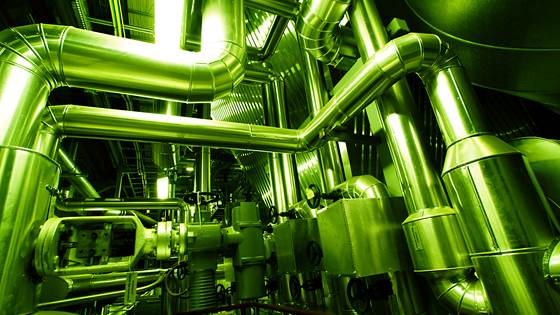
HyPla - Hydrogen plasma for CO2-free metal production
The HyPla project will establish a novel extractive metal production process where electricity and hydrogen replace carbon in metal ore reduction.

The HyPla project will establish a novel extractive metal production process where electricity and hydrogen replace carbon in metal ore reduction.
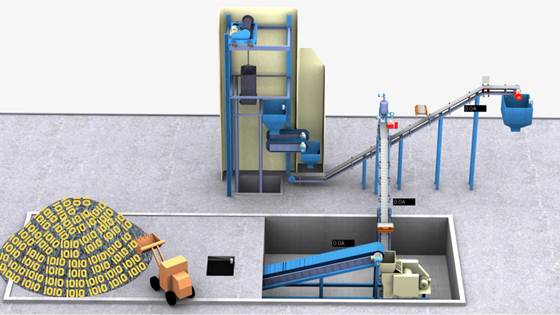
A collaboration between China’s Ministry of Science and Technology (MoST) and the Research Council of Norway (RCN) will pull towards a digitalization of the mining and metal industries.
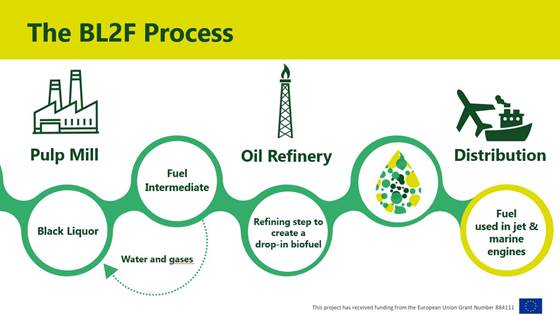
Emissions from the use of fossil fuels in transport are contributing to the amount of greenhouse gasses in the atmosphere, and so are also contributing to climate change. It is urgent to find solutions to fighting against harmful gas emissions...
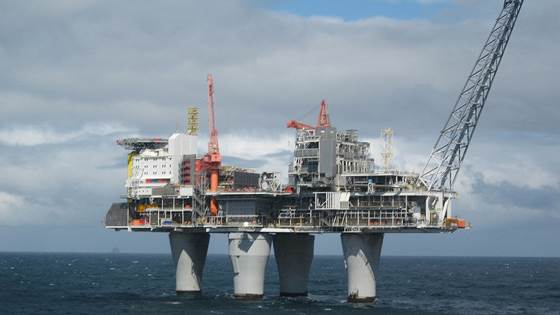
The goal of the LORCENIS-NOR project is to communicate recent achievements on enhanced concrete with an extended service life to Norwegian stakeholders in the market. Through advanced concrete technology, we have developed advanced functional...
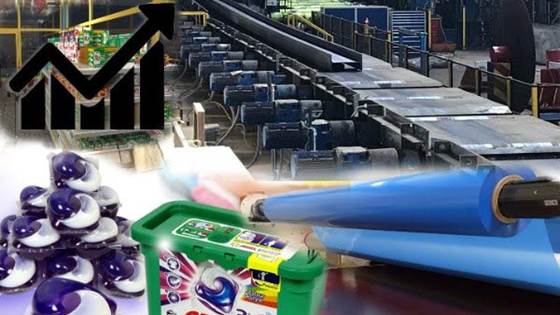
The OntoTrans project responds to the need of industry to respond to manufacturing challenges more efficiently by accessing the relevant information and utilising materials modelling more effectively. In particular, there is a need to strengthen the...
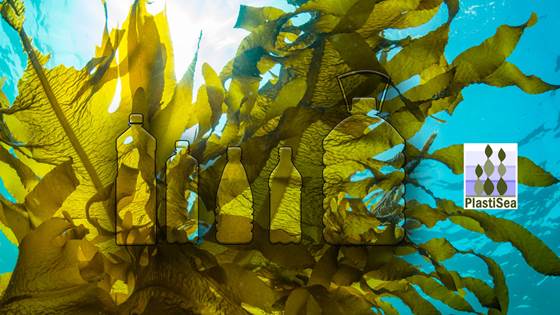
The main objective of PlastiSea is to develop novel bioplastic materials based on cultivated and wild species of brown algae.
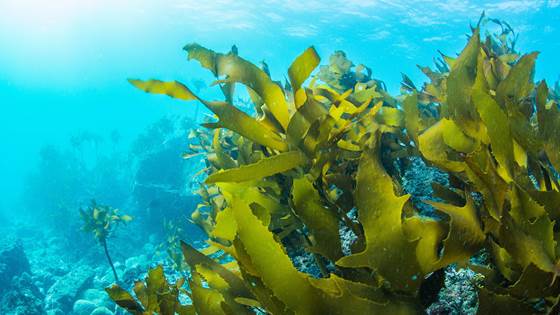
The future bio economy is reliant on increased utilization of marine resources to meet increasing needs for food, feed, materials andproducts. Seaweed is an underutilized biomass in Europe with a great potential for value creation and industry...
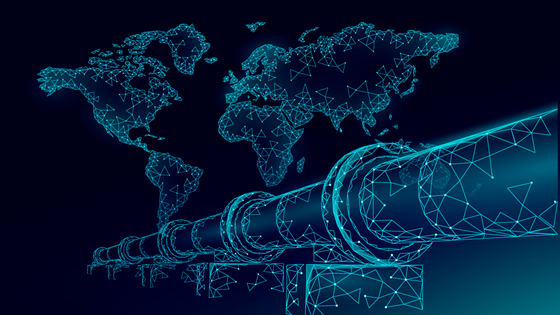
CO2 EPOC is a knowledge building project that aims to create knowledge on the compatibility between polymeric materials and CO2 streams to aid proper selection of polymer-based materials across the CO2 transport infrastructure (pipelines and ships...
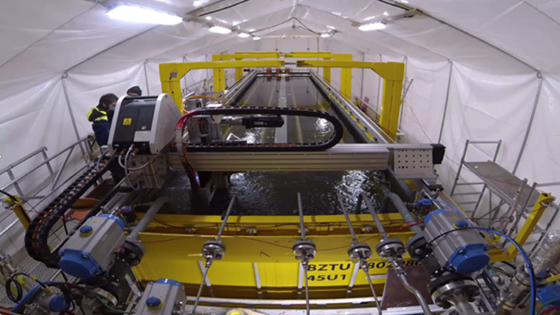
A subsea cooler that enables long-distance cost-effective transport of oil and gas.